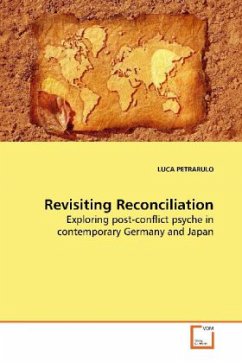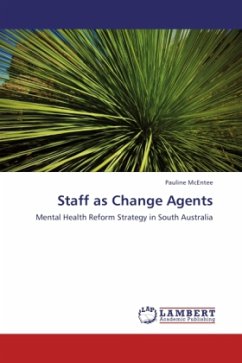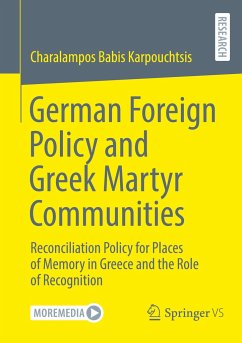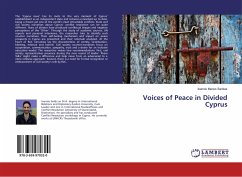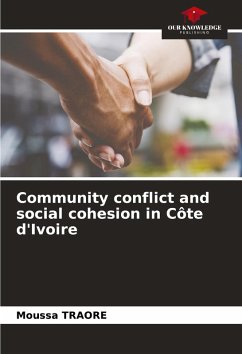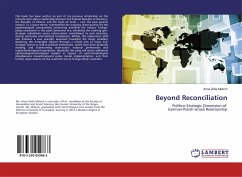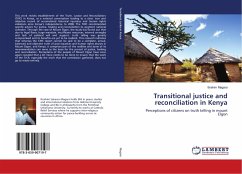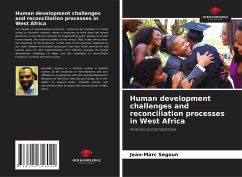
Christian Councils as Agents of Reconciliation and Change
How the National Council of Churches of Kenya and the South African Council of Churches Upheld Peace and Fostered Democracy in their countries
Versandkostenfrei!
Versandfertig in 6-10 Tagen
52,99 €
inkl. MwSt.

PAYBACK Punkte
26 °P sammeln!
Christian councils in Africa have not always been involved in peacemaking, despite the fact that building peace is a mandate for all Christians, as the Bible clearly states. But in the decade between 1900 and 2000, two African councils - the National Council of Churches of Kenya and the South African Council of Churches - vividly demonstrated their expertise in effecting peace and reconciliation, and showed that Christian Councils have certain faith-based advantages other third party interveners do not posses. This book recounts the councils' efforts, strategies, and tactics in post-apartheid ...
Christian councils in Africa have not always been
involved in peacemaking, despite the fact that
building peace is a mandate for all Christians, as
the Bible clearly states. But in the decade between
1900 and 2000, two African councils - the National
Council of Churches of Kenya and the South African
Council of Churches - vividly demonstrated their
expertise in effecting peace and reconciliation, and
showed that Christian Councils have certain faith-
based advantages other third party interveners do
not posses. This book recounts the councils'
efforts, strategies, and tactics in post-apartheid
South Africa and during the advent of multipartyism
in Kenya, as the two countries began travelling the
long road to inclusive and participatory democracy.
involved in peacemaking, despite the fact that
building peace is a mandate for all Christians, as
the Bible clearly states. But in the decade between
1900 and 2000, two African councils - the National
Council of Churches of Kenya and the South African
Council of Churches - vividly demonstrated their
expertise in effecting peace and reconciliation, and
showed that Christian Councils have certain faith-
based advantages other third party interveners do
not posses. This book recounts the councils'
efforts, strategies, and tactics in post-apartheid
South Africa and during the advent of multipartyism
in Kenya, as the two countries began travelling the
long road to inclusive and participatory democracy.



